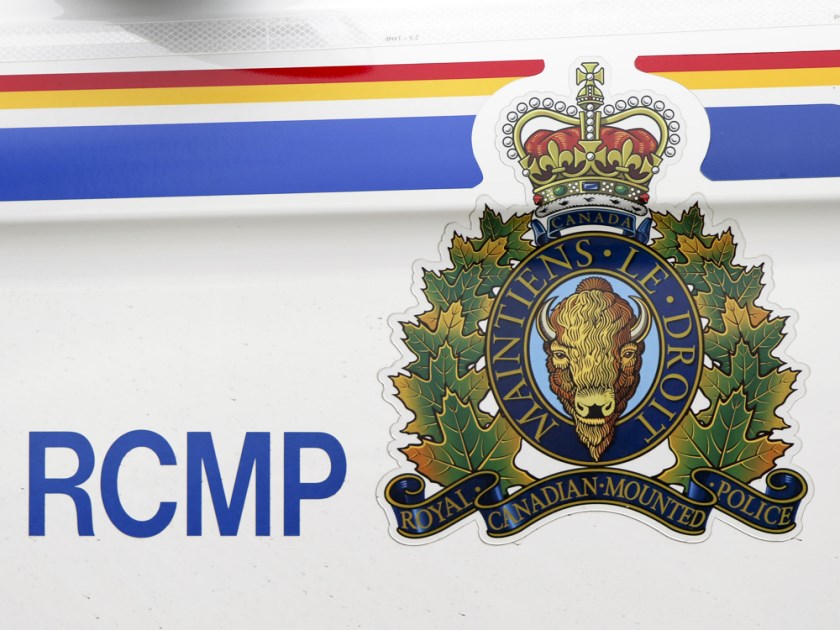The provincial government agency responsible for enforcing the new cannabis retail regulations, the Community Safety Unit (CSU) will be visiting the Sunshine Coast in the coming weeks.
Staff Sgt. Poppy Hallam, Sunshine Coast RCMP detachment commander, discussed the pending inspection tour during a May 8 presentation to Sechelt council’s committee of the whole about the detachment’s annual performance plan.
“We were told this visit, in the next two to three weeks, is educational,” Hallam said. “The next visit will be enforcement. What form of enforcement they’ll take, I don’t know yet.”
So far, none of the cannabis shops operating under temporary use permits in Sechelt and Gibsons is licensed by the Liquor and Cannabis Regulation Branch, although applications are pending.
Mayor Darnelda Siegers asked Hallam what approach the CSU will take with those businesses that have applications in progress.
“My understanding is that they’re still going to be warned,” Hallam responded. “They’re not licensed.”
Hallam said Sunshine Coast RCMP are also continuing to investigate suspected illegal grow-ops, like the one police raided on Nickerson Road in February with 2,200 plants.
Hallam also spoke about the local detachment’s plan to put more emphasis on late-night “street checks” as a tool for reducing property crime, and acknowledged that the practice has been contentious in other jurisdictions.
“We were checked in the Lower Mainland District and our street checks were done properly, and they weren’t profiling,” she said. “There are certain criteria that have to be met for you to do a lawful street check. We’re doing some training around street checks with our officers so they get more comfortable doing them and they’re capturing the data accurately and not profiling.”
Hallam said RCMP are continuing to work with RainCity Housing, which manages Sechelt’s homeless shelter and supportive housing development, as well as the Community Action Team on issues around drug use and harm reduction.
“The way we support harm reduction is important. It’s a very interesting time for us to be police officers right now because we do have a health epidemic with opioid overdoses and it’s really scary. We don’t want people to not call for help if they think the police are going to bust them,” said Hallam. “It’s illegal, but we want to save a life.”
Siegers said at a recent conference with other B.C. mayors she was told most communities see a drop in crime when facilities like supportive housing are in place, and is hoping RCMP will be able to track what’s happening in Sechelt. “That would be important information for our community to know going forward,” Siegers said.
Hallam said she took that question to officials at the Lower Mainland Division who will be helping the Sunshine Coast as well as Nanaimo establish accurate measures of whether having shelters and supportive housing in place leads to crime reduction.
“If we’re able to measure it and share that statistic and say these are the things we’re doing on the Coast and it’s working, I want to be able to do that,” she said. “It’s in the works right now with our crime analysts.”
Hallam also told councillors that she’s hoping to institute improvements to the way general statistics and other information on policing is presented to local governments to give elected officials and the public a better picture of how RCMP resources are being used on the Sunshine Coast.
And, following the RCMP mandate on organizational excellence, the detachment has been working on occupational health and safety, including critical incident stress management, and cultural awareness and reconciliation with the help of elders from the shíshálh Nation.



